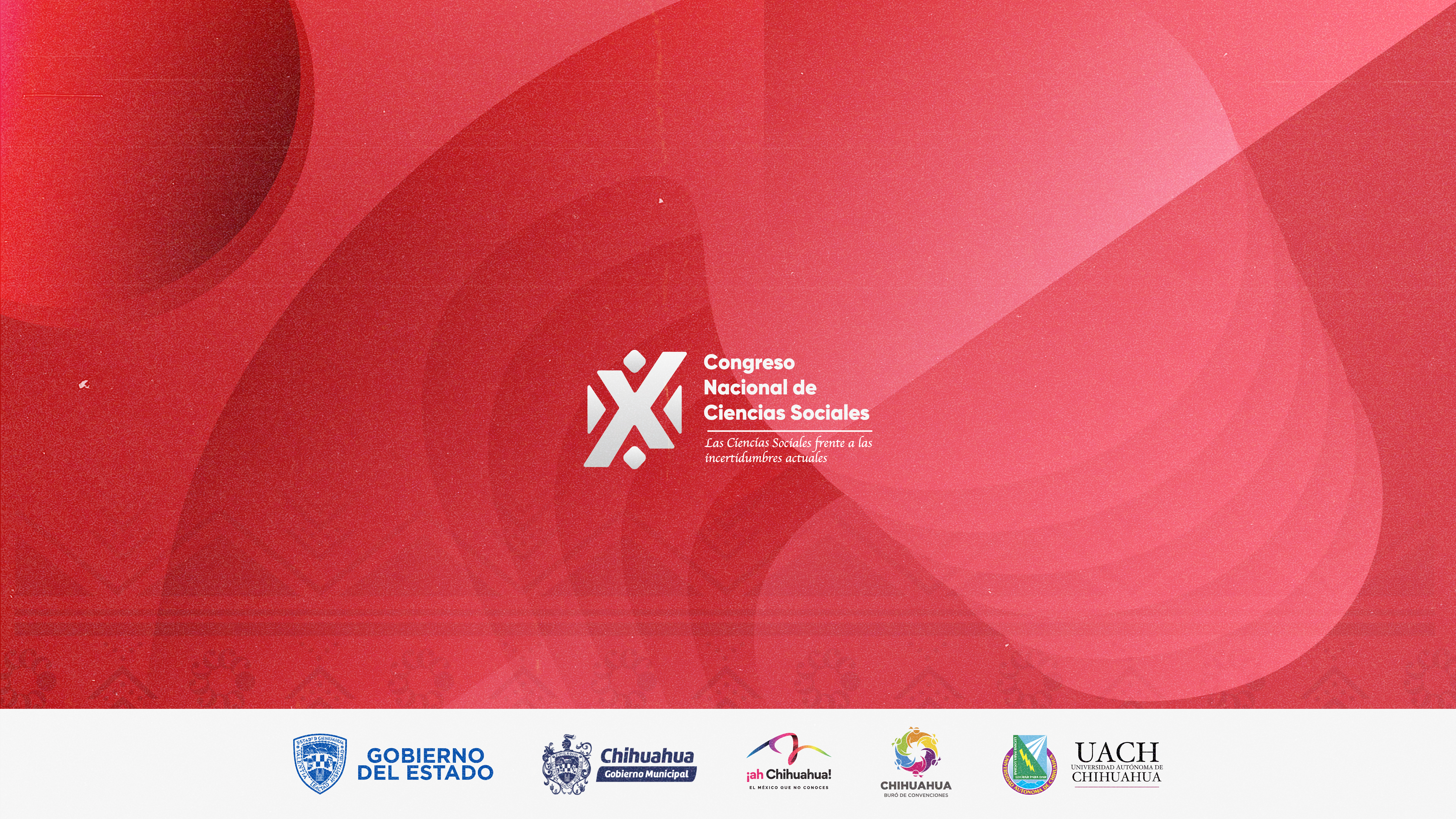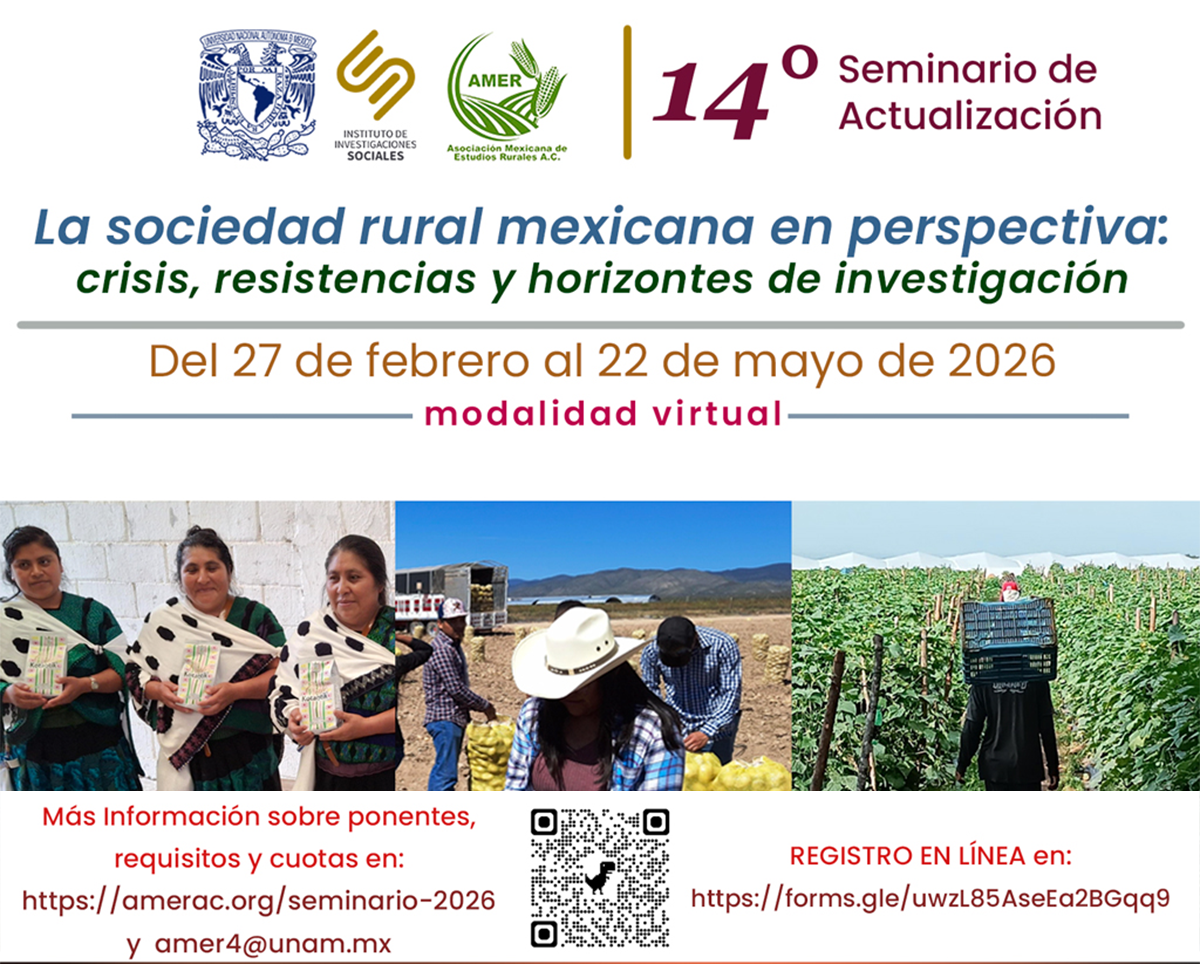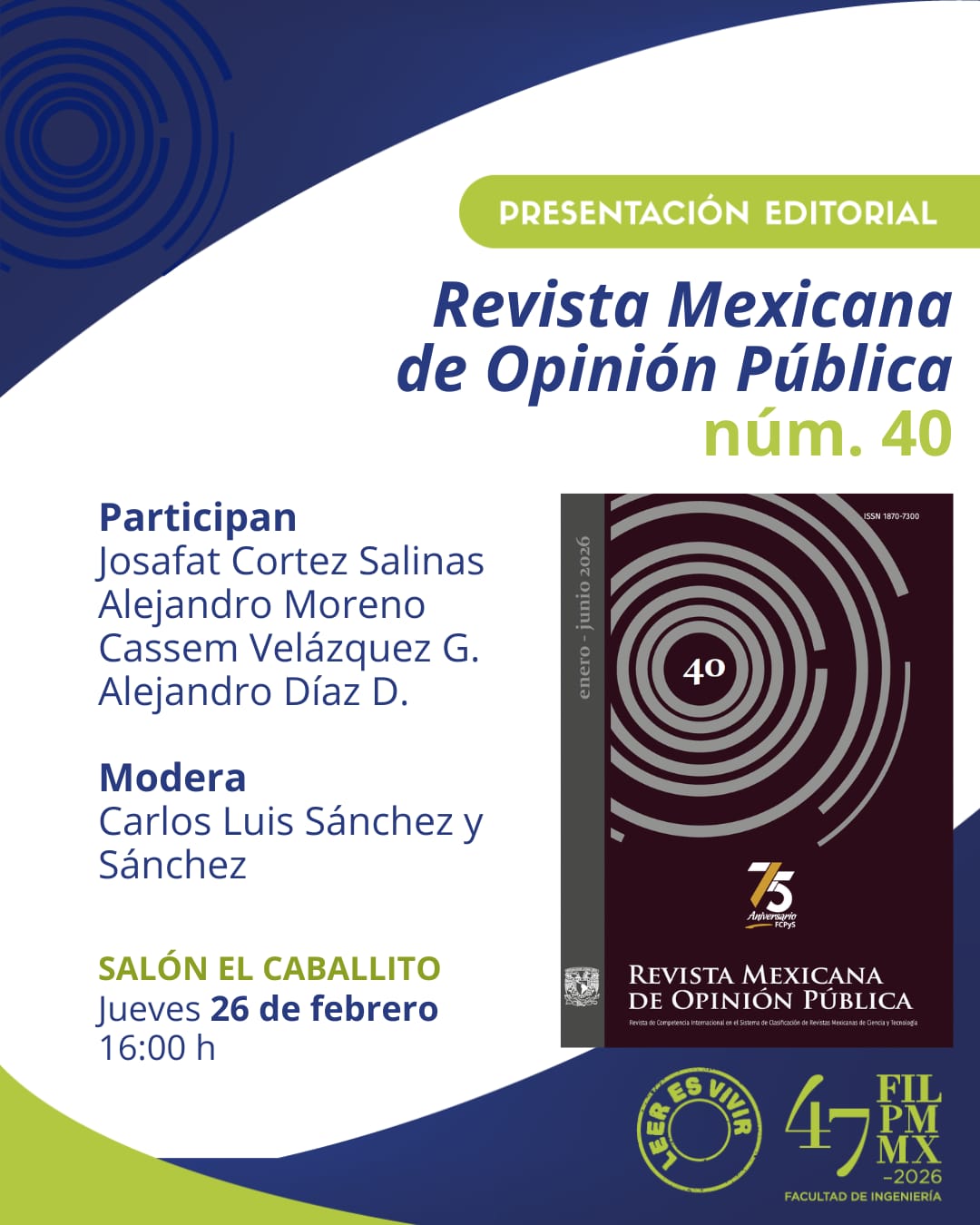Migrants’ struggles beyond activism
AAG 2018 – New Orleans – Call for Papers
Session:
Migrants’ struggles beyond activism, repression and solidarity.
Organizers:
Harald Bauder (Ryerson University), Sutapa Chattopadhyay (University of Regina), Pierpaolo Mudu (University of Washington-Tacoma)
Abstract:
The political role of migrants in Europe and North America is a new factor compared to the postwar situation when migrants from southern Europe were settling in central European countries such as France, Belgium, Switzerland and Germany and in north America. In Europe, the working class organizations associated to communists, socialists and social democrats parties and later to the so-called extra-parliamentary movements ensured the representation of migrants’ claims within wider social struggles. In northern America, different patterns of ethnic assimilation and segregation policies defined the fate of the newcomers. The expansion and consolidation of the European Union (EU), the transformation of migration flows and the affirmation of global neo-liberalism, that took place at the end of the last century, have made the political activism of migrants something completely new. Since the 1990s, in parallel new xenophobic discourses have started to define the political agenda both in North America and in the EU. In 1993, Clinton authorized the construction of fencing along the Mexican border and in 1995 the EU defined its “Schengen area” to regulate internal and external borders. A new era of migrants’ struggles followed the illegalization process of refugees and migrants and their representation as invaders, victims to be assisted, and subjects to be integrated. The multiplication of borders and camps have been associated to the multiplication of spaces of contestation of migrants’ confinement and segregation policies.
This session is interested in exploring which set of struggles present the most disruptive and innovative characters. We welcome papers from radical scholars, independent researchers, students and activists. Papers may focus on any aspect of the struggles that see migrants as active subjects, including but not limited to addressing a set of questions that deserve thorough analysis and probably represent only research/action directions. For example, which repertoire of contention migrants and activists use? What examples can be cited as emblematic to evaluate the effectiveness of these movements and their impact on parties and policies? Which critical and analytical possibilities have emerged from studies on migration and citizenship according to the most radical mobilizations against detention centers, segregation and criminalization of freedom of movement? How important are struggles around no-borders, free borders and open borders discourses? Which degree of autonomy can be guaranteed in radical struggles that see migrants coalesced with various heterogeneous political subjects?
Please send your proposals to:
pmudu@uw.edu or s.chattopadhyay@maastrichtuniversity.nl or hbauder@geography.ryerson.ca
Proposals on these issues are welcome before the 19 of October.
Te puede interesar

Programa del X Congreso Nacional de Ciencias Sociales
comecso - Feb 25, 202623 al 27 de marzo, 2026 | Posgrado de la Facultad de Contaduría y Administración, Universidad Autónoma de Chihuahua, Campus…

Hoteles con convenio | X Congreso Nacional de Ciencias Sociales
Laura Gutiérrez - Feb 25, 2026X Congreso Nacional de Ciencias Sociales Las Ciencias Sociales frente a las incertidumbres actuales del 23 al 27 de marzo…

Convocatoria Feria del libro
Laura Gutiérrez - Feb 18, 2026FERIA DEL LIBRO X CONGRESO NACIONAL DE CIENCIAS SOCIALES “Las Ciencias Sociales frente a las incertidumbres actuales” INVITACIÓN Información general…

Memorias del IX Congreso Nacional de Ciencias Sociales
Roberto Holguín Carrillo - Jul 02, 2025IX Congreso Nacional de Ciencias Sociales Las ciencias sociales y los retos para la democracia mexicana. Realizado en el Instituto…

Información turística | X Congreso Nacional de Ciencias Sociales
Laura Gutiérrez - Feb 25, 2026Restaurantes Cafetería de conta PV45+F7, Campus Uach II, 31125 Chihuahua, Chih. Corinto Café C. Colegio San Marco 1828, Misión Universidad…










